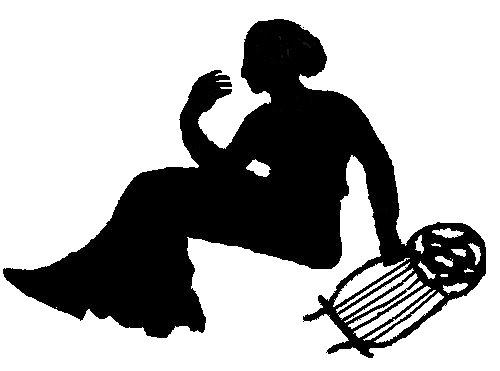Well, I suppose it was bound to happen eventually.
As a writer, I often feel like I belong on the Island of Misfit Toys. Yes, I can say (and mean completely) that I write the stories that are in my heart. BUT…where do I belong? More importantly than that, almost, where do my books belong?
I asked J. Leigh the other day as we were doing unromantic, unwriterly things like going to the grocery store: “So…what exactly is Young Adult Lit?” And after a Significant Pause, I added, “Do you think I’ve miscategorized Silesia: The Outworlder as a YA novel?”
It’s a critical question, I realize, and it’s plaguing me. I have yet to find a satisfactory answer. I’ve been thinking about this again today because I had the chance to attend a webinar on marketing — specifically, building web-based buzz. Useful information – it was a fantastic webinar. But there was one thing that absolutely stood out from everything else, and it really served as the basis for all of the rest of the information the instructor gave. It’s that one piece that I want to consider today.
That piece is the target audience.
In a webinar I attended a few months back on self-publishing, the instructor noted that identifying the target audience for your book(s) is key to being successful. (Actually, this is true regardless of how you get your book out there. If you send your manuscript to a romance publisher when you’ve written a crime novel with zero love interest, you’ve set yourself up for failure.)
Let’s pause and think for just a minute. Target audience determines your market. But it also determines your style, your tone, your voice, the complexity of the story, the content…. So, if you don’t know who will read your book, you’re writing for just one person.
You.
Oh, horrors.
Now, before I we completely freak out about the fact that we put the cart before the horse and wrote our story before we considered our target audience, leaving us now completely lost in terms placing our book, let’s consider the delineations between YA and adult fiction and see if we can’t make ourselves feel better find some answers.
There are many readers who enjoy YA literature who are not in the “target” age bracket of, say, 12-18 or 19 years old. And there are many teens who skip YA lit altogether and dive straight into “adult” fiction. I think Brandon Sanderson’s Mistborn trilogy would be a fabulous example of a broadly-appealing “adult” novel, and the Harry Potter series could serve as an excellent example of “YA” literature that appealed to many adults. So, the lines dividing the two are blurred in some respects. But there are other novels, like the Sweet Valley High series, that would never be seen in the hands of anyone other than a tween-teen girl. And, I would argue, there are some adult novels that aren’t appropriate for teens, but that is a more fluid distinction.
There’s a good deal of bleed-over in readership of adult and YA literature, then. Sometimes. Depending on the story.
Readers expect certain things from the author and the story depending on how it is categorized. Readers choosing a YA novel will expect to find, for example, a main character who is either a teenager or very close to it. They may expect faster action, a plot that is more straightforward, and dialogue and diction that is pitched to a teen audience. Page length may also be a consideration. Similarly, readers of adult fiction may expect more complexity in characters and in plot, a higher level of diction, and may have a higher tolerance for a longer page count. But is all this written in stone? No.
For that reason, it pays, I think, to stop thinking in such general terms. Consider your story. If you could walk into a little coffee shop and see someone sitting there reading your book, who would they be (ideally)? Is she a Ren Faire gal who never leaves the Ren Faire behind? Is he a busy executive? Is she a college student majoring in biochemistry? Is he a graduate student studying literature at the local college? Is she a stay-at-home soccer mom with three kids and two dogs? Is he a grandfather who enjoys fishing and telling war stories? Is she a young teen who is struggling to make sense of life? Try to be as specific as you can as you define your Ideal Reader.
It’s okay to have a niche. It’s even okay to have a pretty small niche. The key is to know what your niche is, and then write for that audience. Will you have crossovers – those readers who usually only read crime novels but yours was the only thing available at the dentist’s office? Sure. But that’s not your target audience.
Focus on your target audience. Write to please them, and chances are, you’ll find success.

